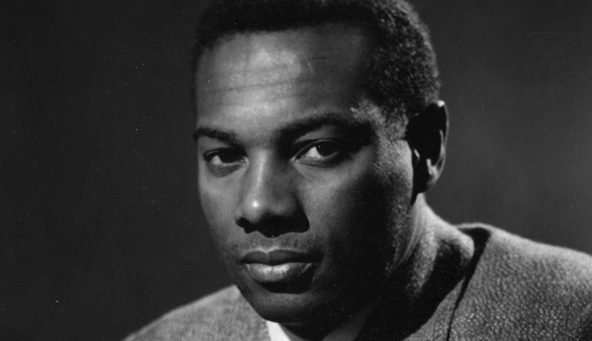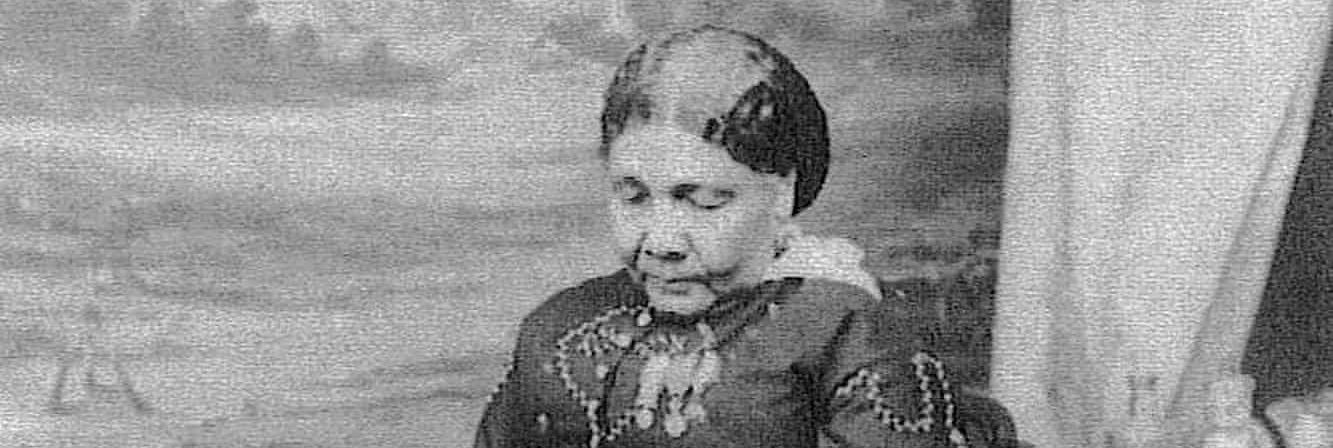
Black British history is British history. However, it is dreadfully underrepresented in our national history curriculum — especially in primary schools.
Social campaigns such as The Black Curriculum‘s #TBH365 are working with schools to help embed Black history throughout the year, rather than simply during Black History Month.
While more must be done to create an inclusive and well-rounded national curriculum, moments such as Black History Month do provide an opportunity to particularly highlight important figures and stories from British history.
Here are five significant people from British history to celebrate and explore with your class:
1. Olaudah Equiano
After being kidnapped and enslaved as a young child, Olaudah Equiano became one of the first people in Britain to fight for the abolition of the Transatlantic slave trade.
Equiano spent several years enslaved by a Royal Navy officer, before being sold to a merchant in Montserrat. Here, Equiano found ways to earn money through trading alongside his forced labour.
Eventually, Equiano earned enough money to “buy his freedom,” saving himself from enslavement. He settled in London and, before long, became involved in the early abolitionist movement.
In 1789, Equiano published an autobiography telling the story of his life. It was one of the first books ever published in Britain by a Black writer, and it became highly influential in helping people in Britain to understand the cruelty of the slave trade.
Equiano died in 1797, aged 52. Ten years later, the British slave trade was abolished.
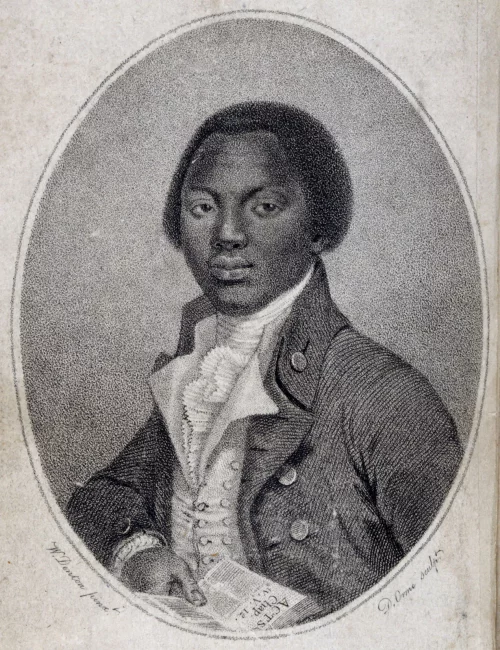
2. Mary Seacole
Mary Seacole saved countless lives as a nurse in the Crimean War, with her “British Hotel” providing rest and treatment for injured soldiers.
Seacole grew up in Jamaica under colonial rule, where she learned to nurse by helping her mother take care of British soldiers using traditional Caribbean herbal remedies.
When she was a teenager, Seacole visited London for the first time. Her father was Scottish, and Mary took pride in both her British and Jamaican heritage. She made a name for herself as a merchant, selling homemade Caribbean pickles to buyers in London. However, Seacole experienced racism from many in Britain due to her dual heritage.
When war broke out in Crimea (in modern-day Ukraine), Seacole volunteered to work as a nurse with Florence Nightingale, but was rejected because of discrimination against her heritage. Seacole was determined, so she set up her own Crimean War hospital using money she had made as a merchant.
After the war, Seacole had very little money left. However, thousands of grateful soldiers helped to raise funds for her as thanks for her lifesaving work.
In a 2003 poll, Mary Seacole was named the greatest Black Briton of all time.
To help schools honour Seacole’s life and achievements, now>press>play has created an immersive Mary Seacole Experience, in which learners become the main character of this unique audio adventure, so they can empathise with Seacole’s story to explore her vital work in the Crimean War and upbringing in Jamaica.
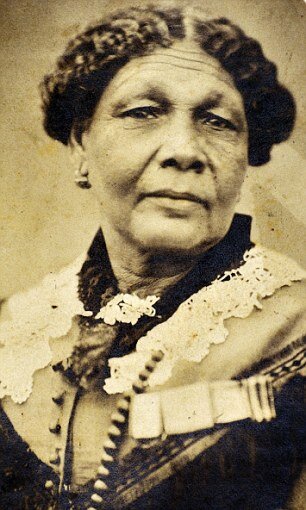
3. Mo Farah
A two-time Olympic champion in both the 5000 and 10,000m races, Mo Farah is the most successful British track athlete in history.
Farah has recently and courageously revealed that he was trafficked into Britain as a child and given a false identity. Mo was born Hussain Abdi Kahin in Djibouti but was taken to Britain after his father died during a civil war when he was a small boy.
In London, the people he was left with treated him as a domestic servant, forcing him to clean their home and take care of their other children. Mo was only allowed to go to school when he was eleven; teachers noticed that he was “emotionally and culturally alienated” and wasn’t being cared for. His PE teacher noticed Mo’s love and immense talent for running. When Mo opened up to the teacher about his real identity and living situation, the teacher contacted social services and helped arrange for him to be fostered by a Somali family.
Farah went on to become a star athlete for Britain, winning two gold medals at the London 2012 Olympics. In the 2016 games, Farah won another two golds in the same events, becoming only the second person in history to achieve this. In 2017, Queen Elizabeth II awarded Farah a knighthood — the highest honour in Britain.
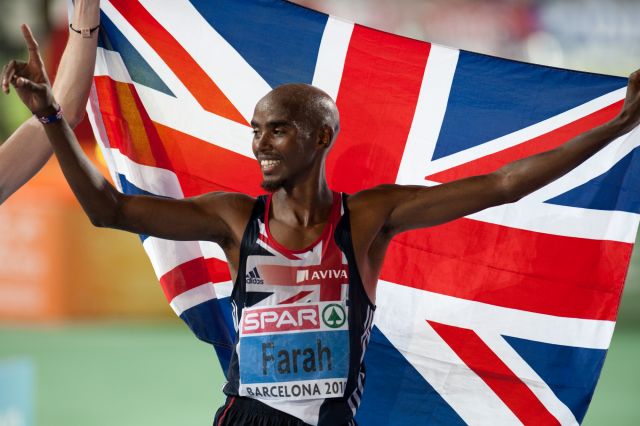
4. Errol John
Errol John was a member of the “Windrush generation” who came to Britain in 1950, having been born in Trinidad in 1924.
John travelled to Britain to pursue an acting career in theatre, TV, and film. However, he soon became discouraged by a lack of opportunities for Black actors.
John began writing plays in response to his experiences. In 1957, his play Moon on a Rainbow Shawl became a sensation. The play tells a semi-autobiographical story about a group of poor Trinidadians who dream of travelling to England for a better life.
Moon on a Rainbow Shawl was one of the first plays staged in the UK written by a Black British-Caribbean writer, and it was the first to feature a mostly-Black cast speaking in Caribbean dialect.
In 1957, John won the Observer Award for Best New Playwright, and his play continues to be staged across the world today. John’s work challenged perceptions of what plays can be, who can write them, and who can star in them.
You can arrange a free trial of now>press>play in your school to help your students explore the life and achievements of historical figures including Mary Seacole, Harriet Tubman, and more. Click here to arrange your free trial.
